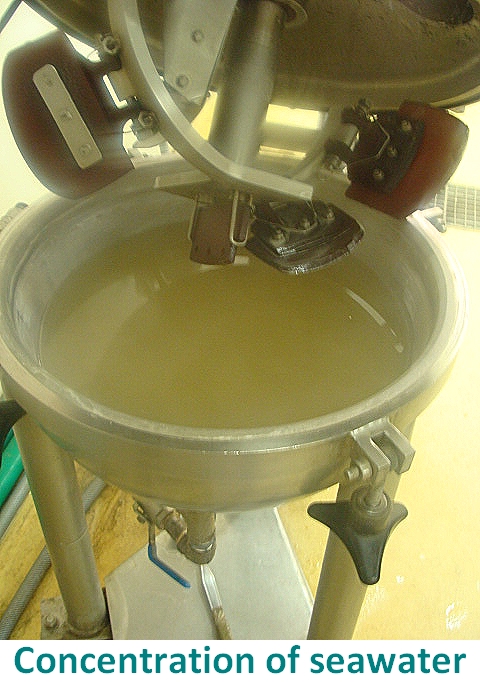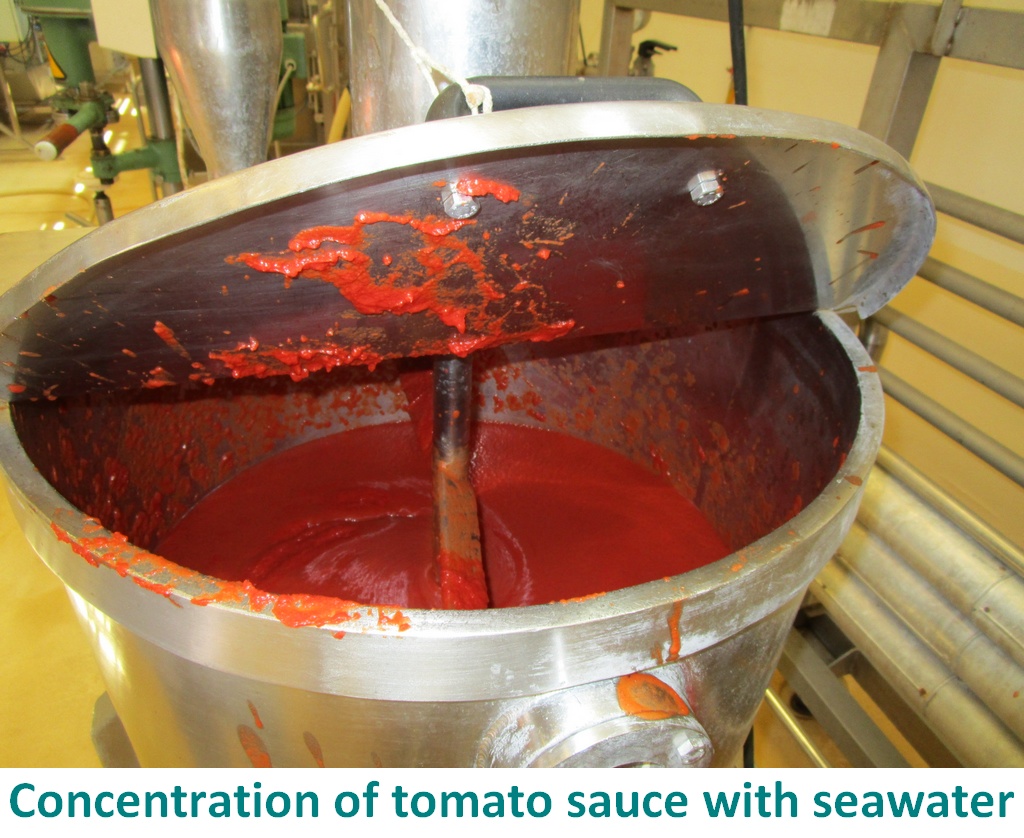Respect for your privacy is our priority
The cookie is a small information file stored in your browser each time you visit our web page.Cookies are useful because they record the history of your activity on our web page. Thus, when you return to the page, it identifies you and configures its content based on your browsing habits, your identity and your preferences.
You may accept cookies or refuse, block or delete cookies, at your convenience. To do this, you can choose from one of the options available on this window or even and if necessary, by configuring your browser.
If you refuse cookies, we can not guarantee the proper functioning of the various features of our web page.
For more information, please read the COOKIES INFORMATION section on our web page.


 The R&D head of CTAEX, María José Riballo, explains that this research has enabled a 33% decrease of the sodium chloride content of traditional tomato frito sauce. The project used products made by the Tomalia Company, and has been carried out over the past two years, but should end next September. After that date and following the results of market surveys, Tomalia may launch the product on the market.
The R&D head of CTAEX, María José Riballo, explains that this research has enabled a 33% decrease of the sodium chloride content of traditional tomato frito sauce. The project used products made by the Tomalia Company, and has been carried out over the past two years, but should end next September. After that date and following the results of market surveys, Tomalia may launch the product on the market. In addition, this new approach presents advantages for human health, in so far as the sodium chloride of common salt is generally used in higher concentrations than those proposed by the CTAEX project, and is a common cause of high blood pressure. Furthermore, seawater provides a number of minerals and trace elements that are potentially beneficial for human health.
In addition, this new approach presents advantages for human health, in so far as the sodium chloride of common salt is generally used in higher concentrations than those proposed by the CTAEX project, and is a common cause of high blood pressure. Furthermore, seawater provides a number of minerals and trace elements that are potentially beneficial for human health.





























